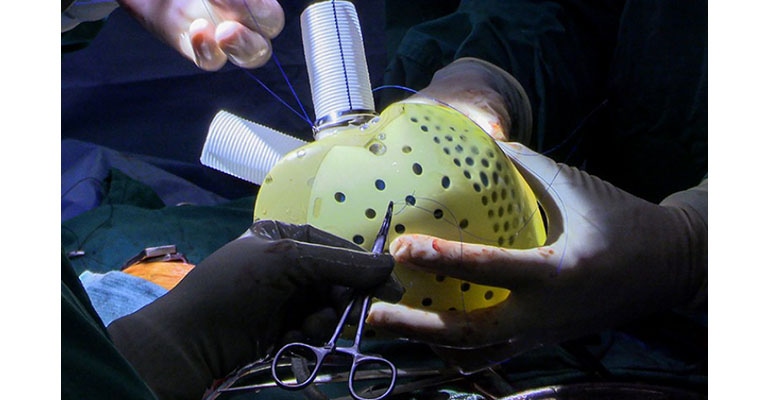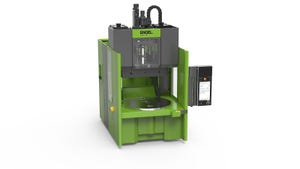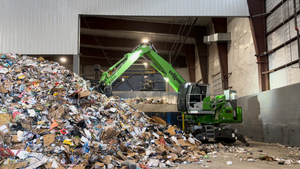Transatlantic Milestones for Carmat’s Total Artificial Heart
A Duke University Hospital patient is the first in the United States to receive the implant as part of an FDA-approved study. Meanwhile, Carmat announced the first commercial implant and sale of its artificial heart in the company’s history.
July 21, 2021

July has been a month of milestones for Carmat, the French medtech company that has developed an implantable total artificial heart. On July 14, Duke University Hospital reported the first successful implantation of Carmat’s artificial heart in a patient in the United States. Then, on July 19, Carmat announced its first commercial implant and sale since the company was formed in 2008. The procedure was performed at the Azienda Ospedaliera dei Colli hospital in Naples, considered to be a center of expertise in the field of artificial hearts in Italy.
Carmat’s artificial heart obtained the CE mark in December 2020, and is marketed under the name Aeson in the European Union and other countries that recognize the CE marking. The company received FDA approval last year to begin US studies and potentially enroll 10 patients with end-stage biventricular heart failure. The study will evaluate whether the artificial heart is a viable option as a life-saving step before transplant.
Duke is the first US hospital to implant the device. “Three additional US centers are currently screening patients for the study,” reported Amanda Pedersen in sister brand MD+DI on July 19.
The patient who received the implant was referred to Duke in June after a sudden, unexpected diagnosis of heart failure. He and his wife recently adopted their two-year-old foster son, and the patient arrived at Duke expecting only to undergo heart bypass surgery. His condition quickly deteriorated, however, making traditional options, including transplant, too risky.
If the device receives FDA approval, it would provide a bridge to transplant for patients whose hearts require assistance to pump blood through both chambers. “Because of the shortages of donor hearts, many patients die while waiting for a heart transplant,” said Dr. Jacob Schroder, a transplant surgeon who led the implant procedure at Duke with Dr. Carmelo Milano. “We are hopeful for new options to help these patients . . . who have devastating disease and cannot otherwise be considered for a transplant.”
Duke University Hospital estimates the number of new cases of heart failure in the United States to be around 100,000 per year, with only 3000 to 4000 of those patients being good candidates for a heart transplant. More than 95,000 of the remaining patients could benefit from the implantation of a total artificial heart, according to Carmat.
Carmat's heart is made from polyurethane and natural materials derived from cow-heart tissue, according to the Wall Street Journal. “The use of natural materials is aimed at solving problems with blood clotting that can arise when blood comes into contact with artificial materials like plastic,” noted the article. Tucson-based Syncardia also has developed a total artificial heart that relies on segmented polyurethane, a material that excels in “stretching, strength, and shape memory,” reported Brian Buntz in MD+DI back in 2014. When the material supply was threatened, Syncardia researched alternative materials but did not find any that could match the properties of the polyurethane. So, it bought the “material's formula, the equipment to make it, and everything else needed to make it in house. SynCardia is now the only company to manufacture the material,” wrote Buntz.
Carmat is currently pursuing commercial prospects in Europe, notably in Germany where it has initiated what it calls constructive conversations with 20 of the most active hospitals in the field of mechanical assistance. Five German hospitals have received training by Carmat and are currently screening potential patients.
About the Author(s)
You May Also Like




